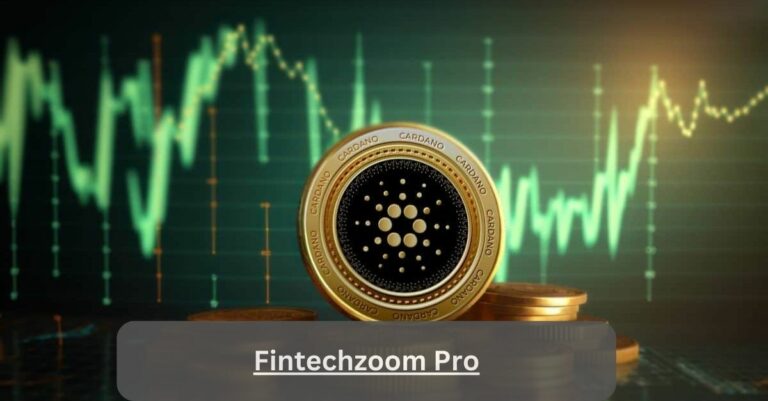Why VPNs Are Essential for Secure Online Banking and Fintech Transactions
Online banking and fintech services have revolutionized how we manage money, providing instant access to accounts, transactions, and financial tools with just a few clicks. However, as convenient as digital finance has become, it has become a prime target for cybercriminals. With the rise of identity theft, hacking, and data breaches, ensuring a secure financial experience is more critical than ever.
One of the most effective yet often overlooked ways to safeguard your sensitive banking information is by using a Virtual Private Network (VPN). When you use a VPN, you encrypt your data, making it much harder for hackers, government agencies, or internet service providers (ISPs) to intercept your information. Whether accessing your bank account from home or making fintech transactions on public Wi-Fi, a VPN allows you to browse the web privately and securely.
The Growing Threat of Cybercrime in Online Banking
Modern cybercrime has become a well-organized industry in which fraudsters use complex methods to obtain financial information. Online banking credentials fall victim to cybercriminals through phishing scams as well as man-in-the-middle attacks keyloggers, and malware. Public Wi-Fi networks are prime targets for cybercriminals who establish deceptive network connections to extract financial data from users.
Your Internet connection remains vulnerable to attacks when you use it at home. Internet service providers monitor your online behavior, and governments and corporations may gain access to your financial transaction data. Unencrypted data is vulnerable to hacking attacks because packet-sniffing software enables criminals to steal sensitive information, including account numbers, login credentials, and credit card information. Your financial security becomes possible through VPN technology, which encrypts your internet traffic and conceals your IP address to stop unauthorized parties from accessing your data.
How a VPN Enhances Online Banking and Fintech Security
Through its encryption technology, a VPN safeguards your financial transactions between your computer and fintech services. A VPN protects your internet connection through high-level encryption protocols, creating a virtually unbreachable barrier against hackers who want to intercept your data. Data encryption makes it impossible for cyber criminals to access it even though they must use an extremely powerful supercomputer combined with lengthy decryption attempts.
A VPN provides the advantage of concealing your IP address, so website advertisers and cyber criminals find tracking your location or online activities challenging. Such functionality benefits travelers needing banking services when located between different locations. Certain banks and fintech platforms activate their fraud detection systems to mark transactions from untypical login points. The combination of a VPN server in your home country with your account provides account protection and keeps your system secure from unauthorized lockouts.
The Risks of Online Banking Without a VPN
Your financial information remains vulnerable to theft when you neglect to use a VPN for both banking and fintech transactions, and this practice could result in monetary loss and stolen identity. The wireless internet connections at coffee shops, airports, and hotels represent specific security risks. Computer networks that fail to implement security measures create easy opportunities for cybercriminals to steal unencrypted data. Accessing your banking app or fintech platform on an insecure network allows hackers to steal your login information without your knowledge.
Government surveillance efforts and ISP monitoring practices make your financial transactions accessible to outside parties. The Internet regulations enforced by certain nations require users to submit their online activities for monitoring and record-keeping, including financial transactions. The collection of browsing data by ISPs takes place in countries with robust data protection regulations because they use this data for advertising purposes and must share it with government agencies when asked.
Choosing the Right VPN for Secure Financial Transactions
Selecting the correct VPN from available options is essential for protecting your bank transactions and financial technology activities. The encryption standards of a top-quality VPN should include AES-256 because this protocol serves as the preferred method for government and military organizations to protect their secure communications. The VPN should maintain a no-logs policy, meaning it will never record your online actions.
Speed is another critical factor. The encryption servers VPNs use for traffic routing may cause your internet connection to become slower. A premium VPN service includes optimized servers that maintain smooth, uninterrupted banking transactions for users. A kill switch function in premium VPN services automatically disconnects internet access if the VPN connection fails to provide an additional security benefit.
Conclusion
Protecting your financial information requires immediate action because cyber threats continue to develop. The confidential information handled through online banking and fintech transactions poses significant risks if compromised because the consequences would be severe. Your financial operations through a VPN stay protected from hackers while remaining hidden from your ISP and the government, providing complete security and privacy. A VPN is an essential yet successful instrument that strengthens your online protection whenever you use public Wi-Fi to access your bank account or execute cryptocurrency transactions. The necessity of using a VPN in the present digital era has become fundamental due to the escalating threats to financial privacy.






